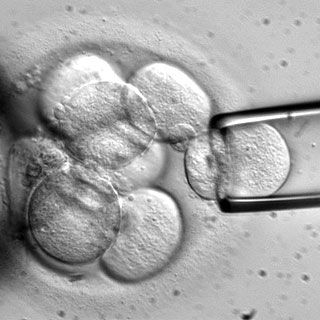Article
TNF Used to Beat Autoimmune Diseases
Author(s):
Autoimmune diseases like rheumatoid arthritis (RA) and Crohn’s disease are “gonna be defeatedâ€, according to findings published in the Proceedings of the National Academy of Sciences.

Autoimmune diseases like rheumatoid arthritis (RA) and Crohn’s disease are “gonna be defeated”, according to findings published in the Proceedings of the National Academy of Sciences.
An international team of researchers from the Lomonosov Moscow State University designed and developed a new antibody based drug for autoimmune diseases like RA and Crohn’s disease, called Myeliod Specific TNF Inhibitor (MYSTI).
They used antibody “modules” from camels and llamas to develop the drug. The researchers believed their experiments with mice provided the foundation for the new drug approach. The drug is able to selectively counteract deleterious functions of a particular cytokine that could be involved in serious diseases, though it maintains the beneficial functions, like controlling tuberculosis, the researchers explained in a press release.
The researchers were able to selectively block tumor necrosis factor (TNF), secreted by macrophages, lymphocytes, neutrophils and other immune cells, without harming its other functions. Sometimes TNF can cause inflammation, counteract the formation of tumors, fight viral and bacterial infections and regulate the immune system.
In experiments with mice models, the investigators learned that when transfers of serum were conducted into tumor bearing mice, the cancer was fought off. The TNF was blocked in large quantities, the malignant cells died off and the organism was protected against tuberculosis; however, serious diseases were promoted.
The researchers used bispecific antibodies, those that stick to two proteins simultaneously, to produce an effective tumor cure. They wanted to implement that knowledge into autoimmune disease relief in the mice.
The work lasted ten years, study author Sergei Nedospasov said in the statement.
“In experiments with mice a novel approach to anti cytokine therapy was scientifically proven,” he continued. “This approach allows [us] to neutralize the bad function of a molecule, retaining the good one. The main conclusion is that selective pharmacologic blockade of the immune mediator — cytokine – is possible on a particular type of producing cells.”
The study authors believed that in the future, the pharmaceutical industry might design and test drugs for treatment of autoimmune diseases based on their findings.





